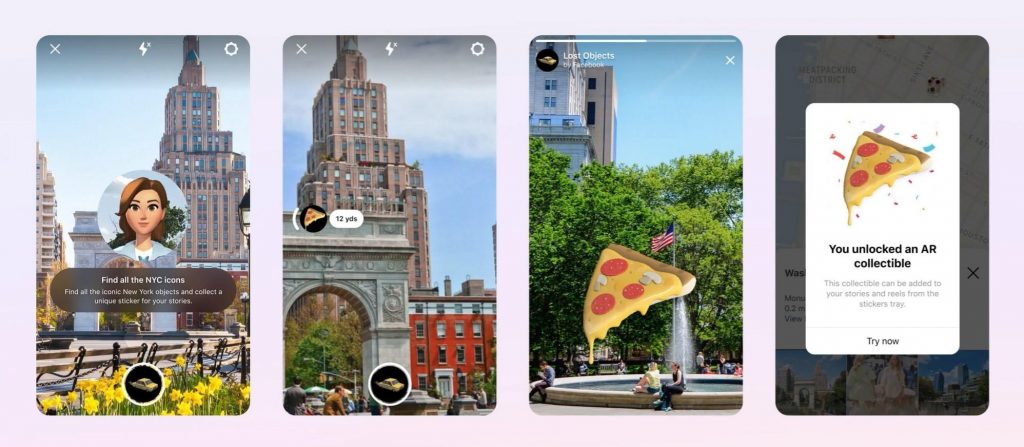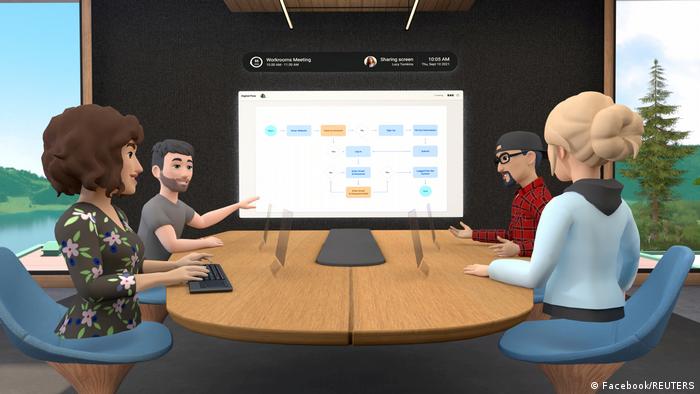Tech
Is Meta a shield against scrutiny for Zuckerberg? | ticker VIEWS

Tech
Global memory chip shortage set to drive electronics prices higher
Global memory chip shortage raises electronics prices; impacts PCs, smartphones, and likely continues until 2026.
Tech
CES 2026 Highlights: AI, robotics, and the future of innovation
CES 2026 explores AI, robotics, and sustainability, reshaping the global economy and redefining productivity and market dynamics.
Tech
CES 2026 opens with AI powering the future of tech
AI dominates CES 2026 in Las Vegas, shaping future tech with smarter, personalized products for everyday use.
-



 News2 days ago
News2 days agoSendle shuts down, small businesses left scrambling
-



 Ticker Views4 days ago
Ticker Views4 days agoViruses experts are watching in 2026
-



 Crypto5 days ago
Crypto5 days agoMorgan Stanley files for Bitcoin, Solana, and Ethereum ETFs
-



 Crypto23 hours ago
Crypto23 hours agoCrypto climbs amid U.S. weakness and Iranian crisis
-



 Tech5 days ago
Tech5 days agoGlobal memory chip shortage set to drive electronics prices higher
-



 Money2 days ago
Money2 days agoBoeing hits seven-year high in plane deliveries as demand soars
-



 News2 days ago
News2 days agoUK, Canada and Australia consider banning Elon Musk’s X over AI risks
-



 News3 days ago
News3 days agoTrump declares US ready to support Iranian protesters









